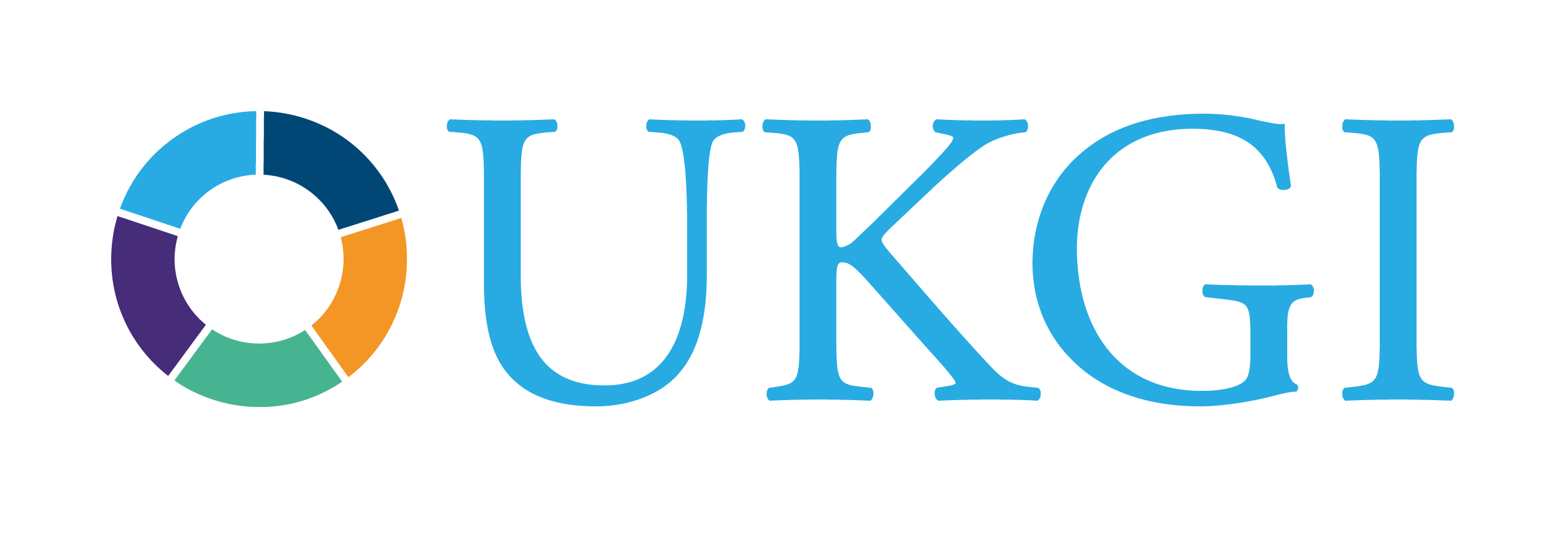As the financial landscape evolves, firms’ Training and Competence (T&C) schemes also need to evolve to remain robust and to align with the principles of the FCA’s Consumer Duty. The FCA will likely expect insurance distributors to include a focus on the value of insurance products and services, so firms have an opportunity to shape their T&C plans to showcase their overall value proposition.
The Consumer Duty, addressing aspects like unfairness, customer service, vulnerability, and fair value, sets the stage for intermediaries to align their T&C arrangements with regulatory expectations. The FCA underscores the importance of compliance with principles and outcomes, urging firms to adopt a similar perspective in their T&C structures.
Addressing Vulnerability
In 2024, the FCA is likely to scrutinise how firms handle customer vulnerability. Beyond having a policy in place, firms must demonstrate proactive measures, including:
- screening portfolios for vulnerability status changes;
- ensuring staff are trained to identify and support vulnerable customers; and
- making reasonable adjustments throughout their customer journey.
Enhancing Customer Service
The FCA links service levels with the value customers derive from products and services. Firms which review and seek to optimise service delivery, addressing speed, effectiveness, customer understanding and post-sale engagement and retention, can perhaps demonstrate a commitment to good outcomes. The recent UK Customer Satisfaction Index, from the Institute of Customer Service, emphasises the interconnectedness of service quality and the Consumer Duty outcomes.
Defining Fair Value
The concept of fair value, a focal point of the Consumer Duty, extends far beyond remuneration structures to encompass the broader service provided. Insurance, as a product offering protection and risk management, demands that firms have a comprehensive understanding of its value. Firms are encouraged to define the true value of their services, considering factors like administration, face-to-face service, sales, marketing, claims handling, staff experience, and insurer relationship management.
The Link to Training and Competence
Training, often overlooked or treated as a compliance checkbox, emerges as a strategic tool to evidence the true value of services. Investing in training not only aligns with business objectives but also reduces risks of poor service, advice, and consumer harm. Increased productivity, staff motivation, and better management decisions are among the many benefits associated with a well-structured training program within a well-run business.
Future-Proofing T&C Schemes
Firms are cautioned against merely mirroring Consumer Duty requirements in their T&C schemes. Proportionality is key, with schemes adaptable to the varying stages of development within the organization. Success should be measured by positive outcomes and the ability to address unintended consequences.
Adding Value Beyond Price
Blindly viewing that ‘cheap is best’ harms the market’s reputation and integrity; the FCA advocates a focus on the worth of products and services, the quality of personnel, and the significance of staff training as crucial differentiators. True value lies in a holistic approach that goes beyond monetary considerations.
In conclusion, insurance intermediaries of all shapes and sizes are urged to reassess and strengthen their T&C schemes, aligning them with the evolving regulatory landscape and placing a premium on customer outcomes, service quality, and the broader concept of fair value in the insurance sector.

